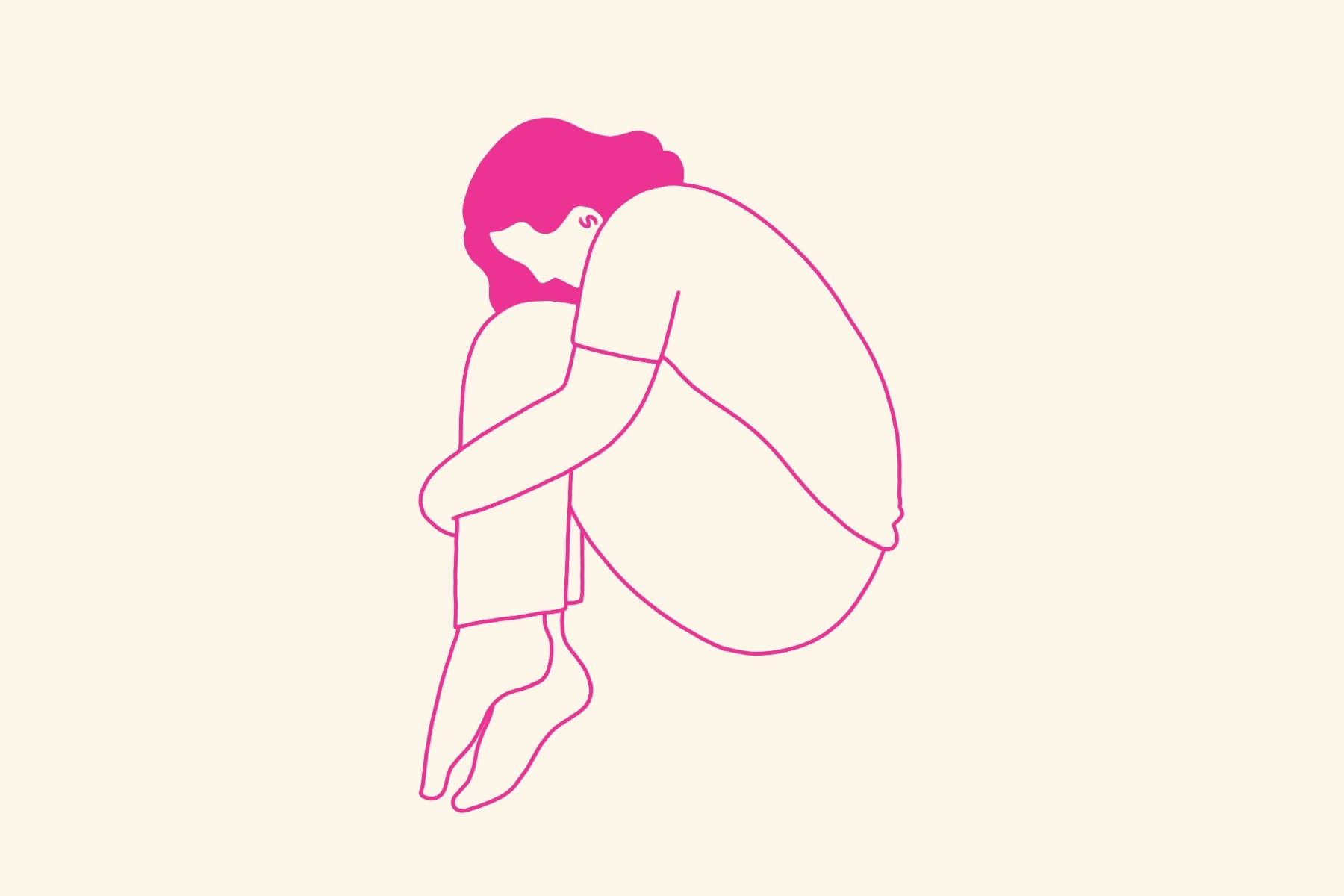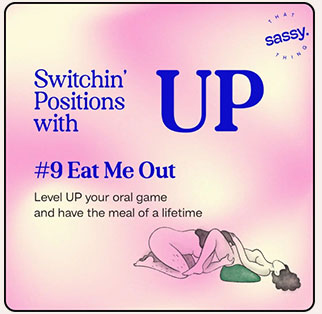Your cart is currently empty

From a rather young age, the social script has dictated how we should refrain from saying no, particularly in situations that involve our elders, family, or friends.
“It’s rude, you shouldn’t be shy beta,” you can most definitely hear this one line in the voice of some prominent figure in your life and that explains a lot.
So, how hard can it be to take no for an answer? One way to look at it is our assumption of the other party finding it difficult to be on board with just a simple no. This can more often than not stem from experiences of an environment wherein because of your gender and/or several other factors, rejection can seem like the arrogant, the less kinder way out. How many times have you caught yourself weaving an elaborate lie to skip a family get-together, or an office party for whatever reason (no, the reason isn’t important here)? Conversely, how many times have you said no to an invitation and there is no follow-up inquiry right after?

Alec Benjamin’s song “Let Me Down Slowly” might be topping charts on Spotify, but when push comes to shove, it’s important to just let the person know you’re not interested. That’s it, you’re not obligated to explanations in cases that do not require any. Easier said than done, right?
For women and those with vulvas, in particular, the issue is multifold. There is an intergenerational perspective – we’ve been conditioned to be polite, especially to the male figures in our life. And, men have been able to successfully take advantage of this grip patriarchy has held onto, over the years. Women have been socialized in a way that presents them as ‘nice’, ‘agreeable’, and ‘sensitive’ – so much so that ‘no’ is the last thing they might consider saying, and sometimes not. The internalized urge to please men and their egos and avoid conflict actively or at a subconscious level has made matters worse. In a lot of cases, these men are more permanent and safe humans in their lives, and yet disagreement or declining an offer can be painstakingly difficult.
So, is it harder to take no for an answer, or say it?
Another common experience for many women in cishet relationships is that of reassuring their significant other’s anger/frustration when it was really them who was discontent in the first place. While expressing our own resentment, a fiery reaction from many cis men can often lead to a lack of emotional safety and neglecting the space we ought to take up – add to it layers of gaslighting, stonewalling and passive aggression, and even chances of escalation of conflict and incidents of *trigger warning* abuse/violence. We can’t just say no, it often comes to many along with a reflexive need to mention the reasons for it. There is fear and a “what if”. So much so that saying no is a privilege for a lot of women, and that’s how messed up the reality is.
Having been hit on or made sexual advances towards, is a fairly chartered territory for plenty of young vulva owners, in the context of being attracted to cis men. Being assertive in terms of consent, boundaries, and preferences might come naturally to some, while others struggle with it regularly. Julie de Azevedo Hanks, a licensed clinical social worker based in the States and the author of The Assertiveness Guide for Women mentioned how women are made to feel responsible for the feelings and well-being of those around them. As a consequence, the direct decline of sexual offers from cismen may sometimes even come at a cost. The cost can be rooted in fear of harm, avoidance of anxiety-provoking situations, people-pleasing tendencies, or just a habit.

The Indian landscape itself is riddled with rudimentary notions of sex, consent, and the socioeconomic status of women. On taking a closer look, you can see the cracked surfaces and holes belonging to the misogynistic ways we have been brought up with, how subtle the impact may feel like, the vividness with which the effects can translate into our everyday interactions with cismen and the harm it can cause us in the long run. The systemic rundown we’ve been fed has to be clogged, so that for once we can say no, and just no. Nothing more, or less without bearing its weight in a way that sinks us.
About the Author

Anuja (she/her) is our Creator-in-Residence. After exploring all the different ways she could talk about who she identifies as, this is the closest she could get: “I’m your quintessential dog hoomum with a blue typewriter, living three blocks away, probably writing about you."












